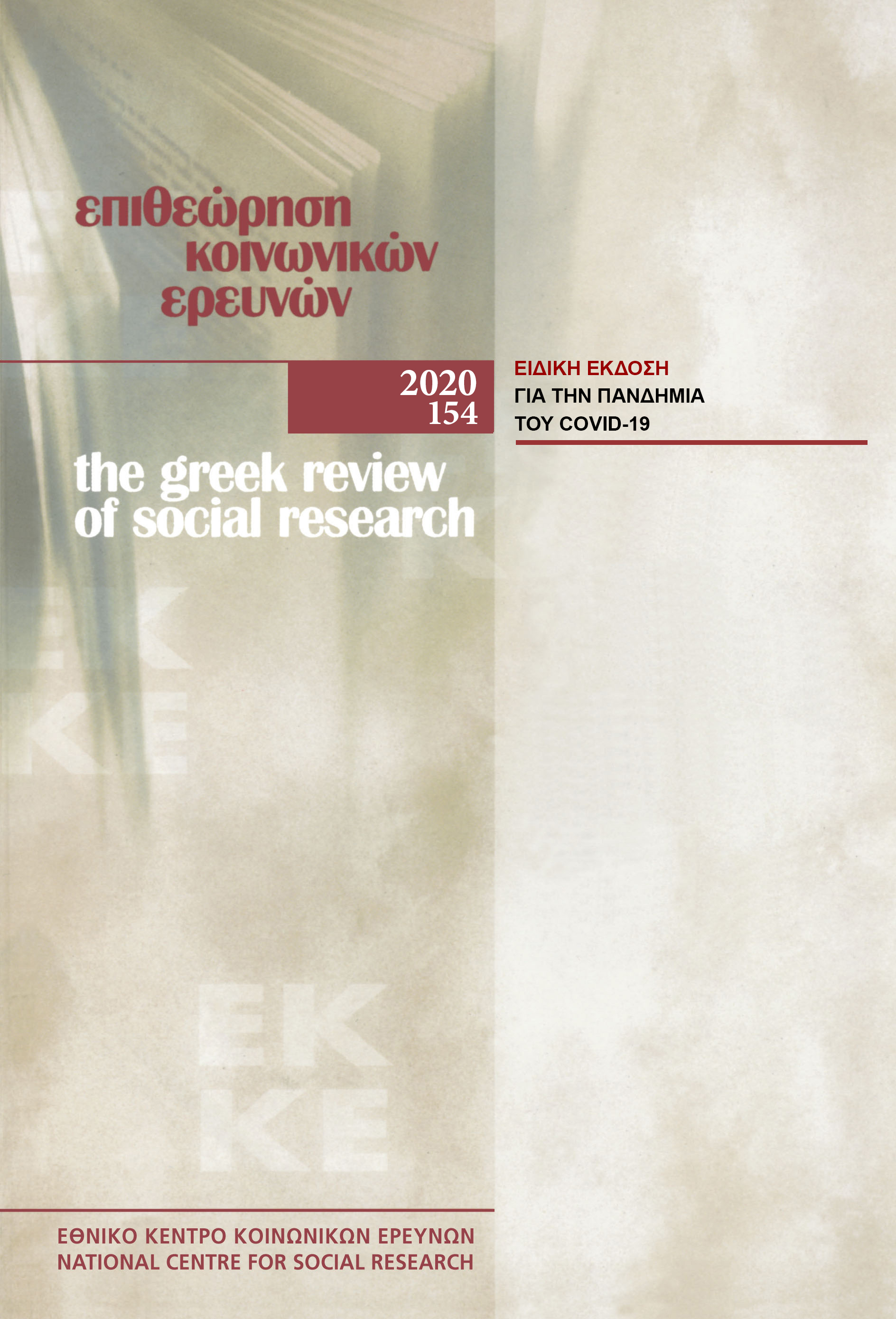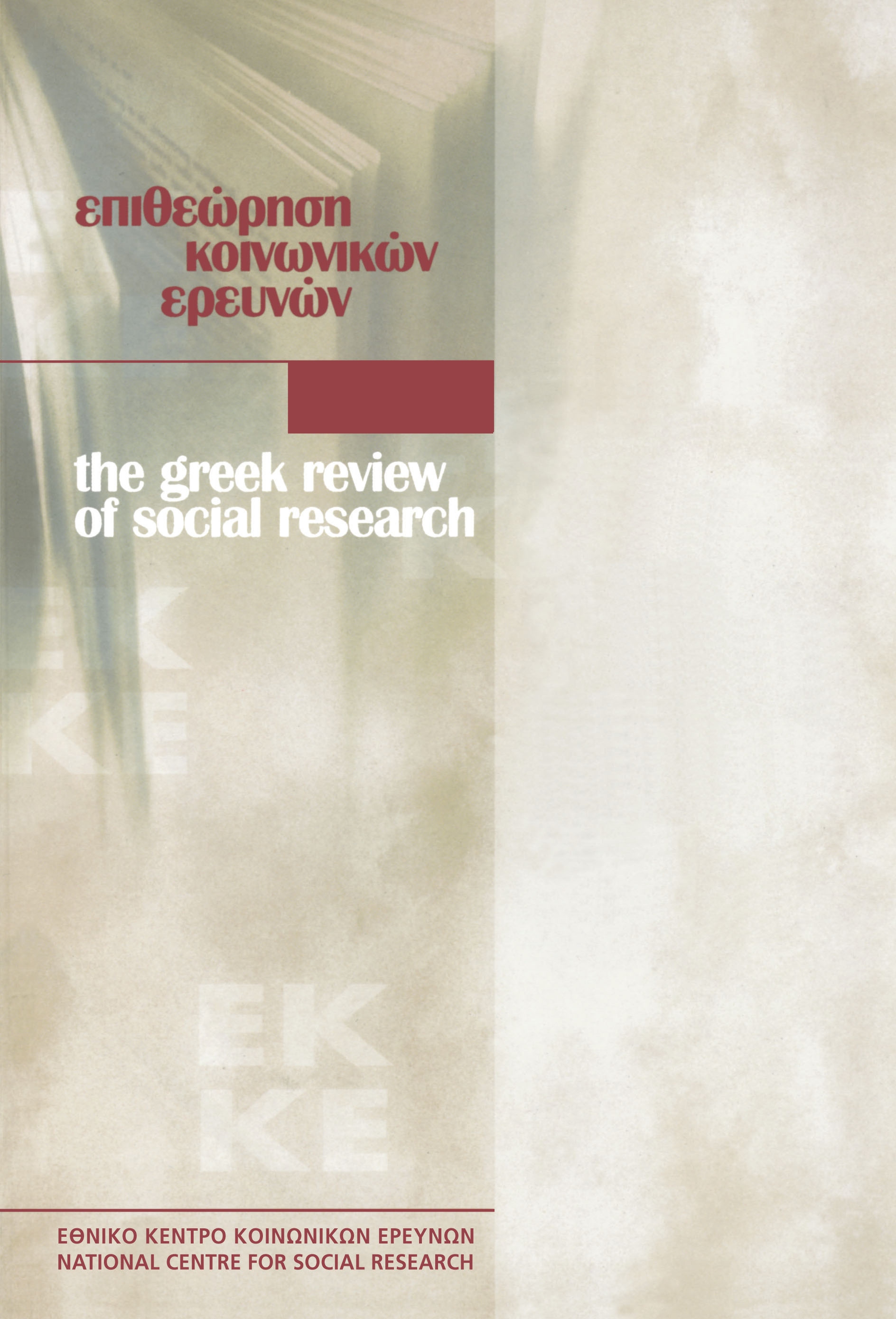Social self, family, and social attitudes during the period of the Covid-19 pandemic constraints in 2020

Abstract
The current pandemic Covid-19 health crisis is both the beginning and the result of a parallel social and economic crisis. In this dynamic field, social management requires resilient social institutions and a social self coping with the main negative effects of the pandemic namely social atrophy and social implosion in a creative and innovative way. Studying the social self and its recovery methods from social trauma resulting from the current Covid-19 pandemic requires understanding crucial social self dimensions and functions not only in the present crisis of social implosion but also in the precursor state in which the modern social self is characterized by an explosion of dense with strong intensity of networks of communication, economic exchange and every day social life.
The purpose of this text is to provide a research plan and research data for a method of reflection and resilience of our social self in the current conditions of strong social distance, self-restraint and disconnection from the economy. This article concludes with suggestions for a Clinical Sociology Implementation of a protocol ensuring the resilience of individuals and communities s that have suffered under the Covid-19 pandemic and some suggestions for an individual and collective strategy.
Article Details
- How to Cite
-
Chtouris, S., & Zissi, A. (2020). Social self, family, and social attitudes during the period of the Covid-19 pandemic constraints in 2020. The Greek Review of Social Research, 154, 41–64. https://doi.org/10.12681/grsr.23228
- Section
- Articles

This work is licensed under a Creative Commons Attribution-NonCommercial 4.0 International License.
Authors who publish with this journal agree to the following terms:
- Authors retain copyright and grant the journal right of first publication with the work simultaneously licensed under a Creative Commons Attribution Non-Commercial License that allows others to share the work with an acknowledgement of the work's authorship and initial publication in this journal.
- Authors are able to enter into separate, additional contractual arrangements for the non-exclusive distribution of the journal's published version of the work (e.g. post it to an institutional repository or publish it in a book), with an acknowledgement of its initial publication in this journal.
- Authors are permitted and encouraged to post their work online (preferably in institutional repositories or on their website) prior to and during the submission process, as it can lead to productive exchanges, as well as earlier and greater citation of published work (See The Effect of Open Access).



